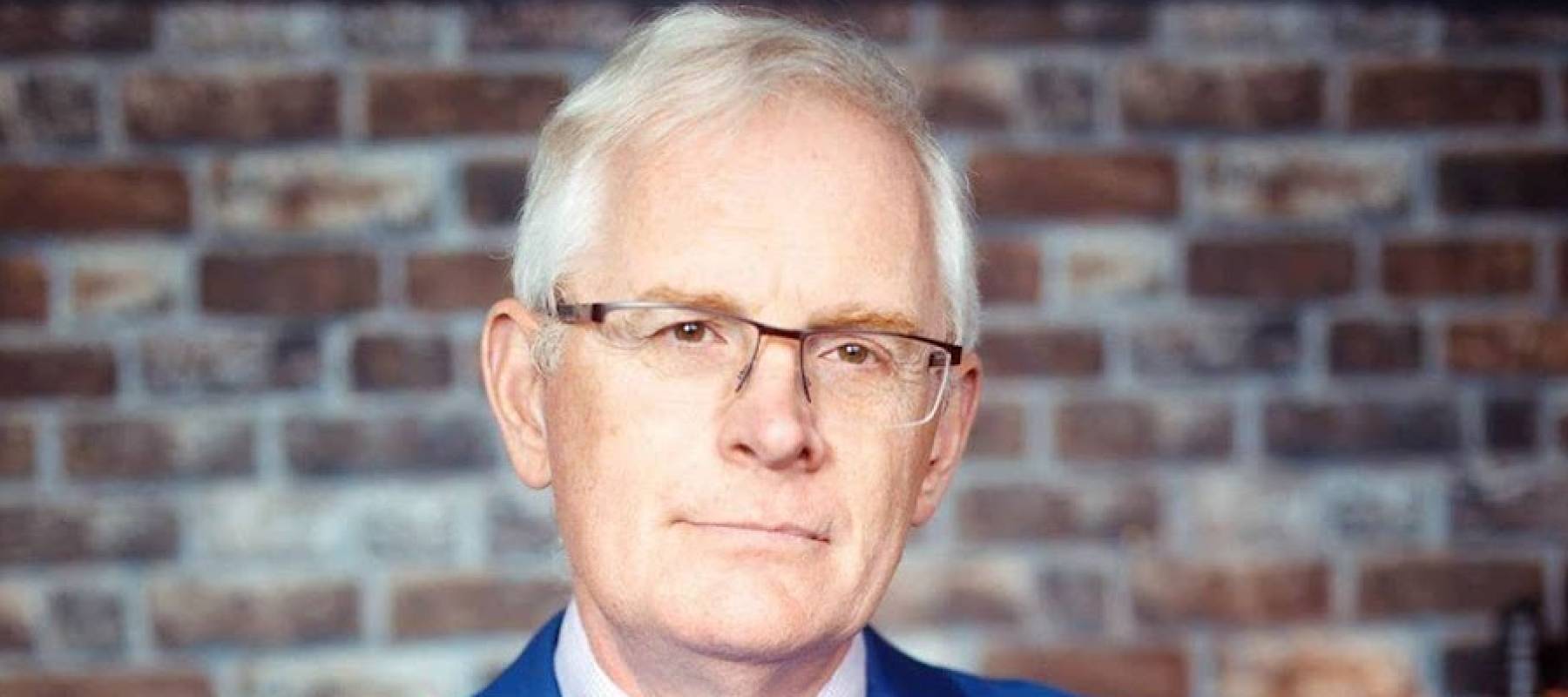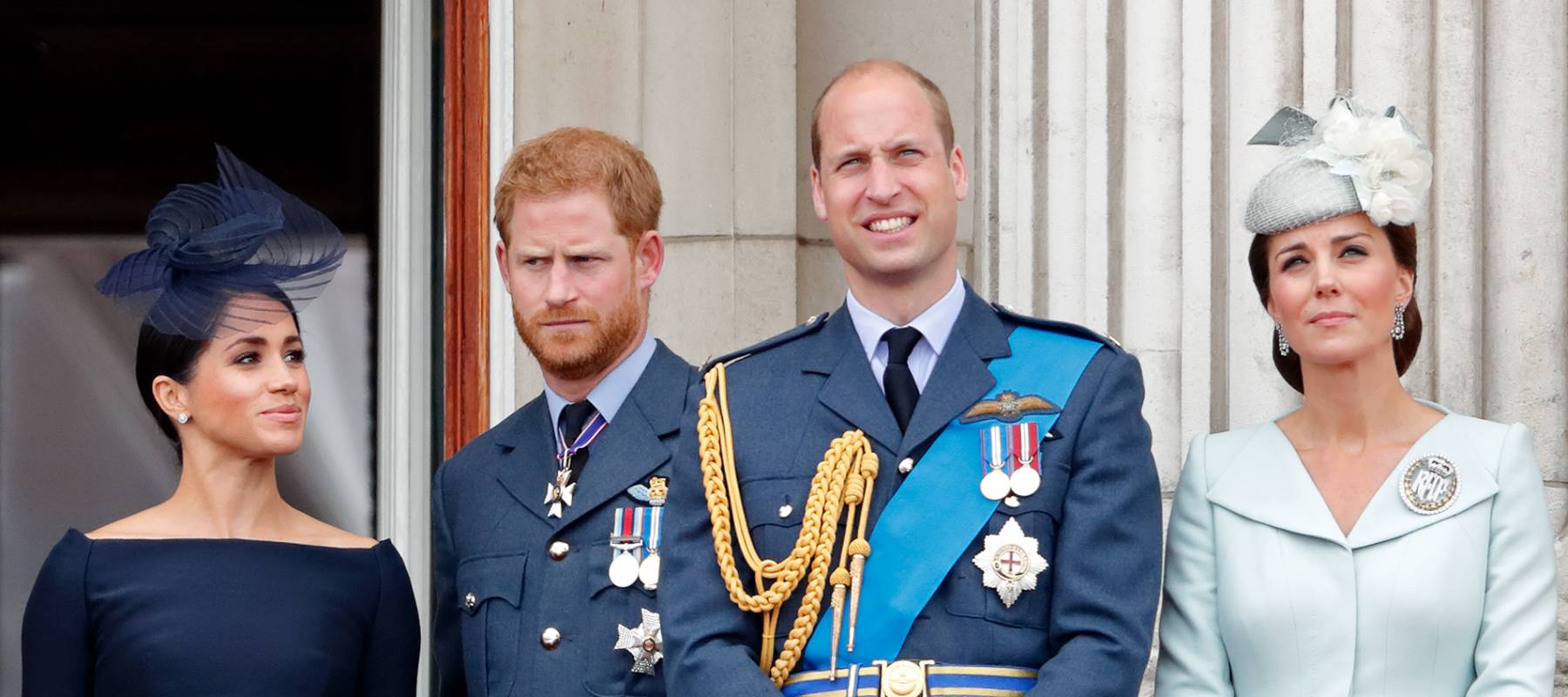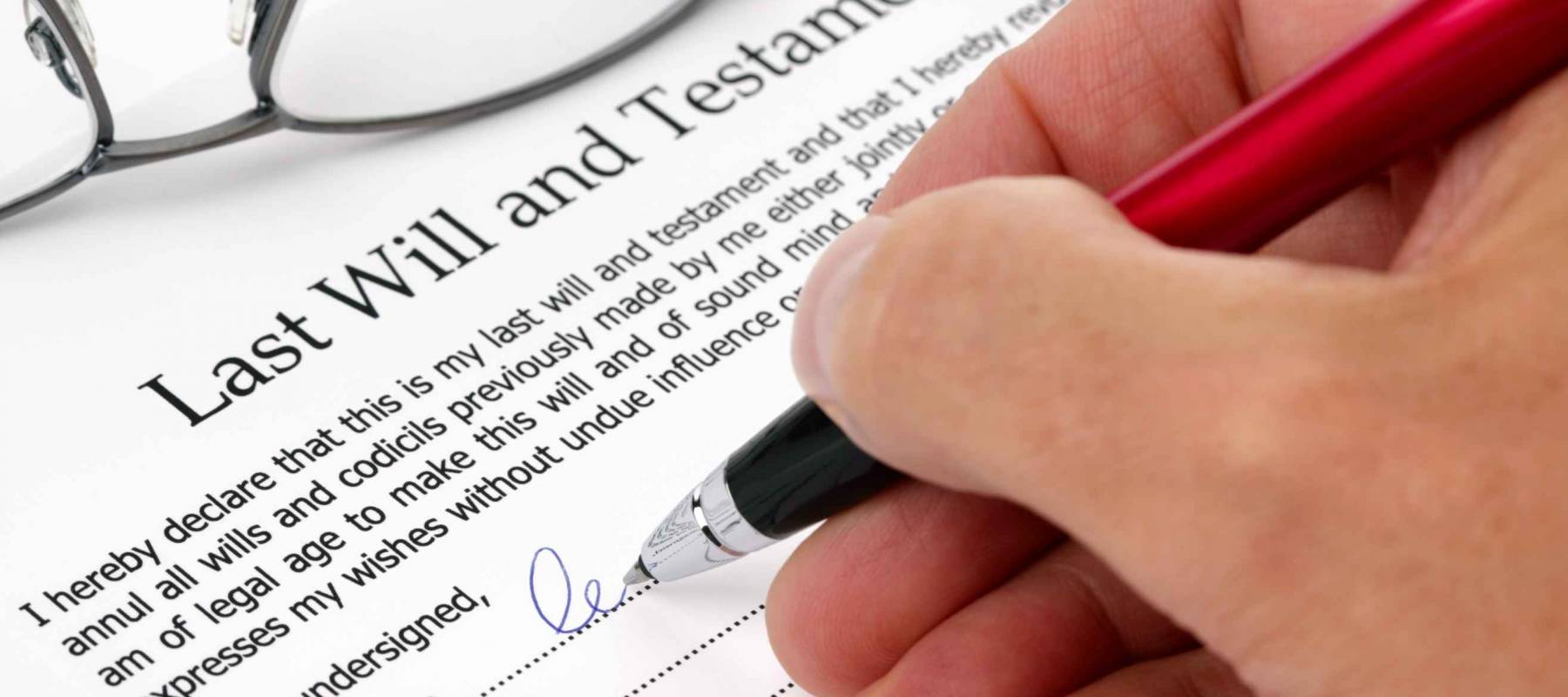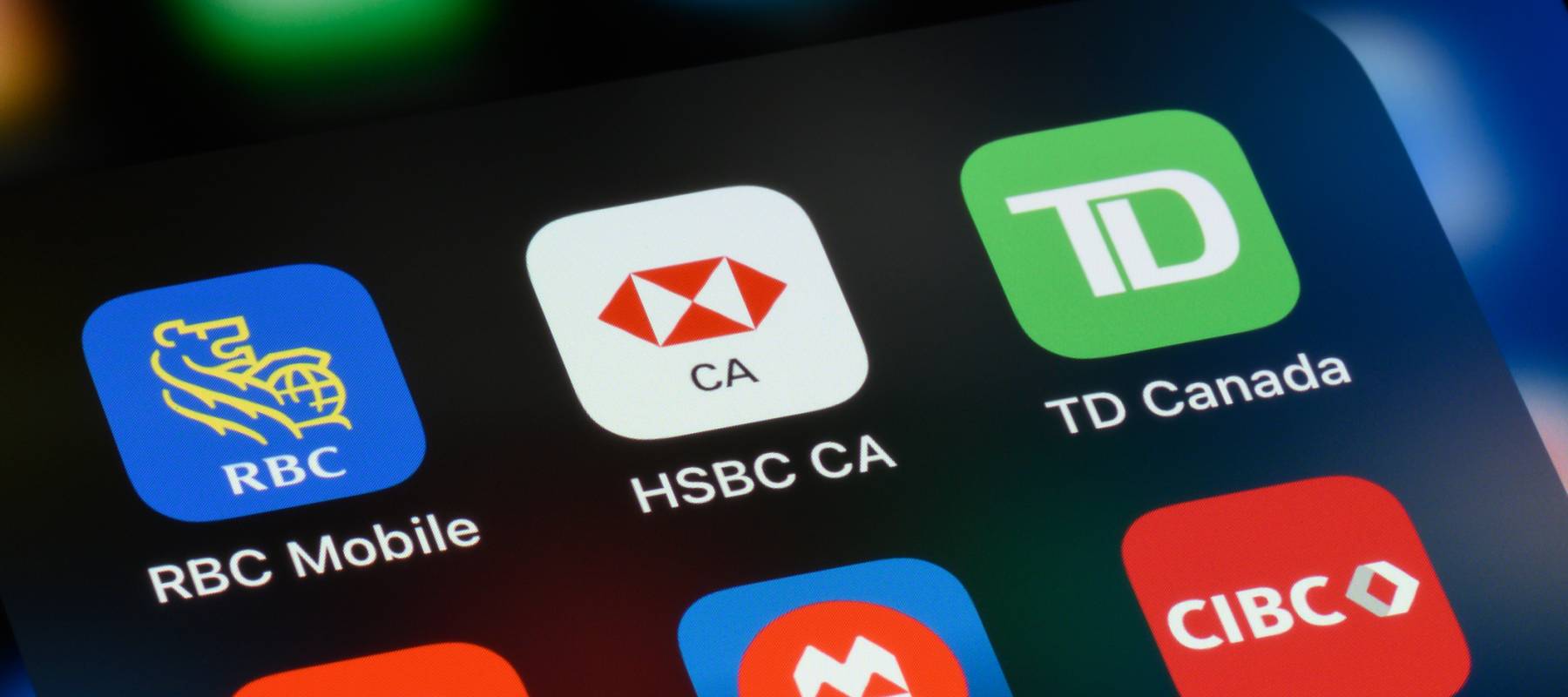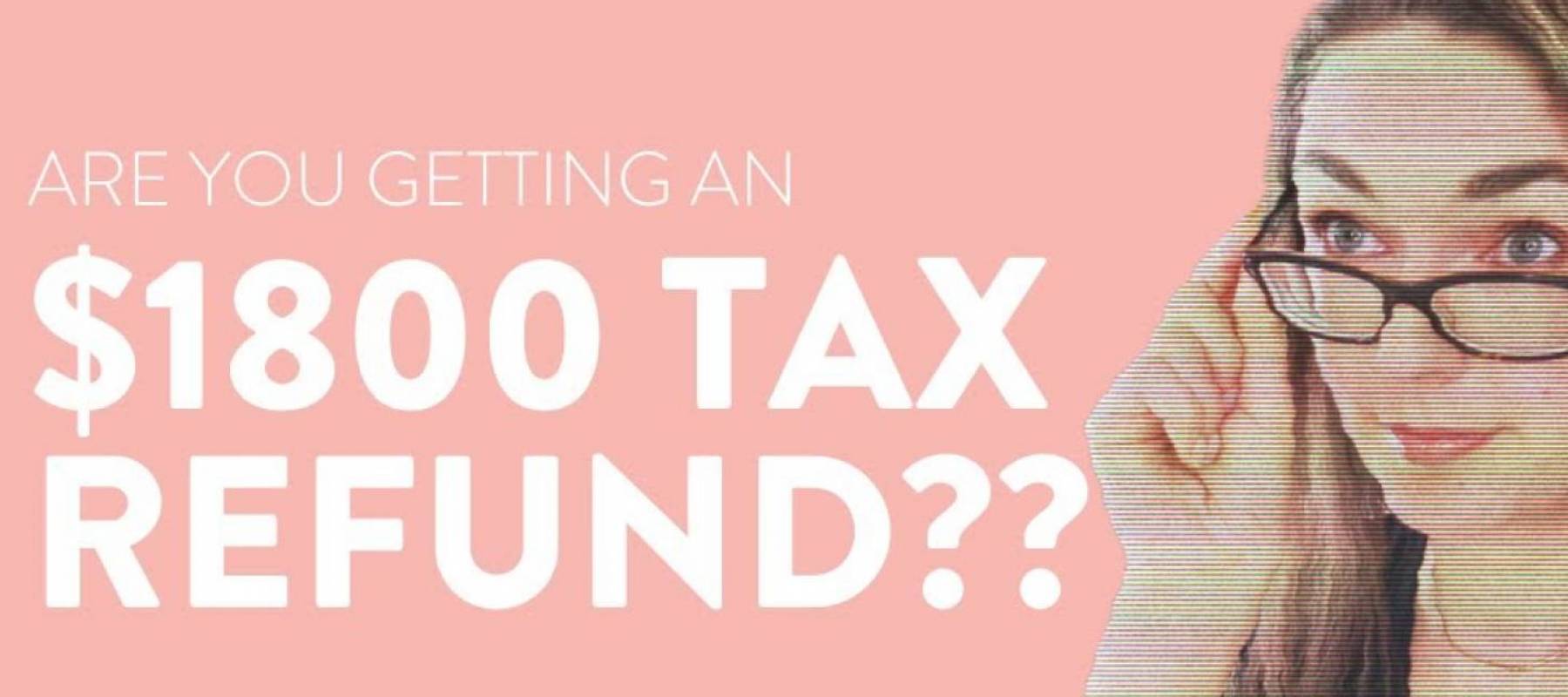
Whether you’re filing your taxes for the first time or looking for a better, cheaper way to do it, this short guide will show you how easy it is to file your taxes online in Canada.
In truth, you can file your tax return online or by mail. But the Canada Revenue Agency (CRA) — Canada’s tax law administrator — considers filing online the fastest and easiest way to do your taxes. Quite often you can do it for free.
The deadline to file your personal return for the 2023 tax year is April 30, 2024. So let’s dive into the why’s and how’s behind five simple steps that will make filing your tax online easier than you think.

